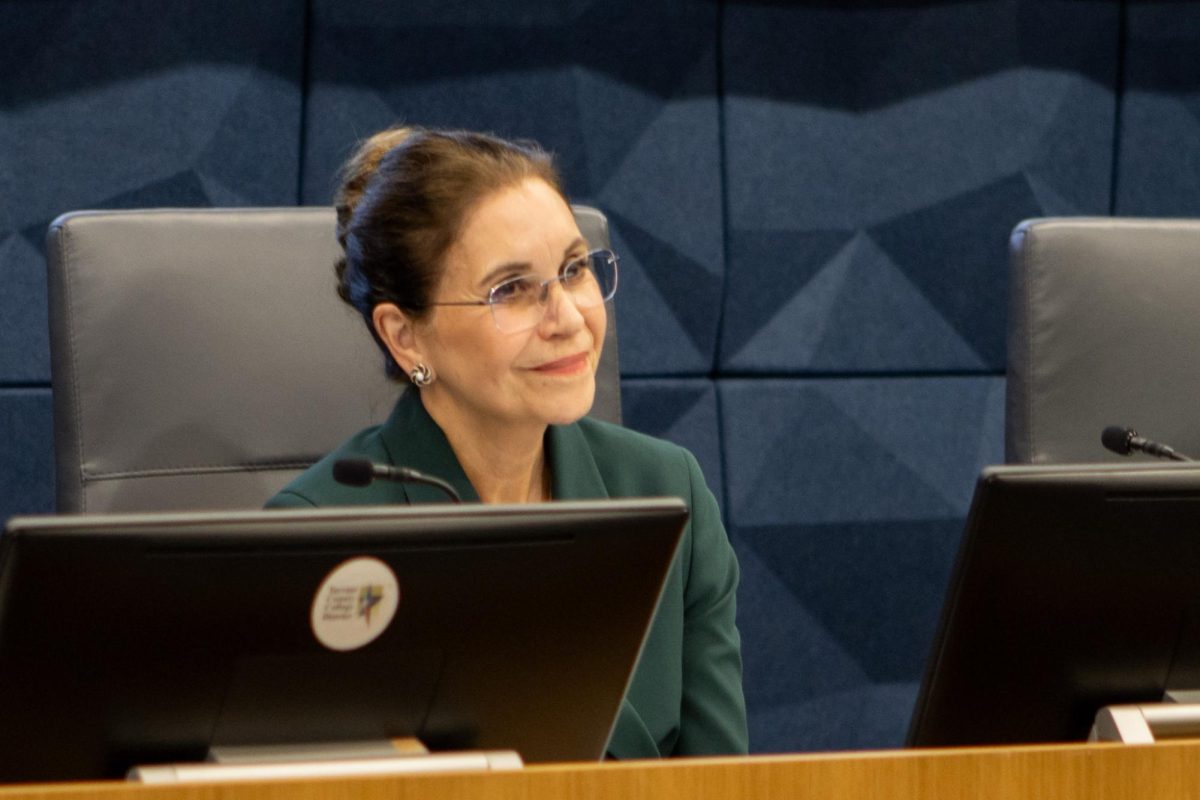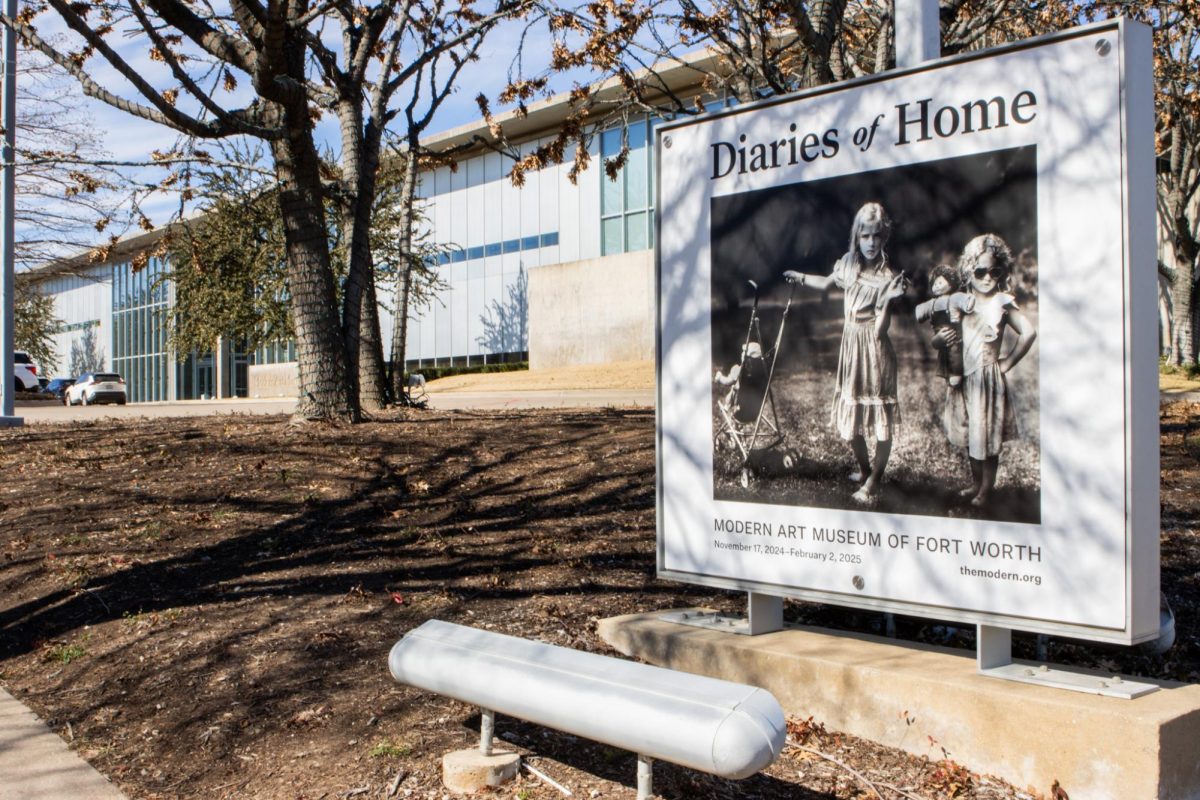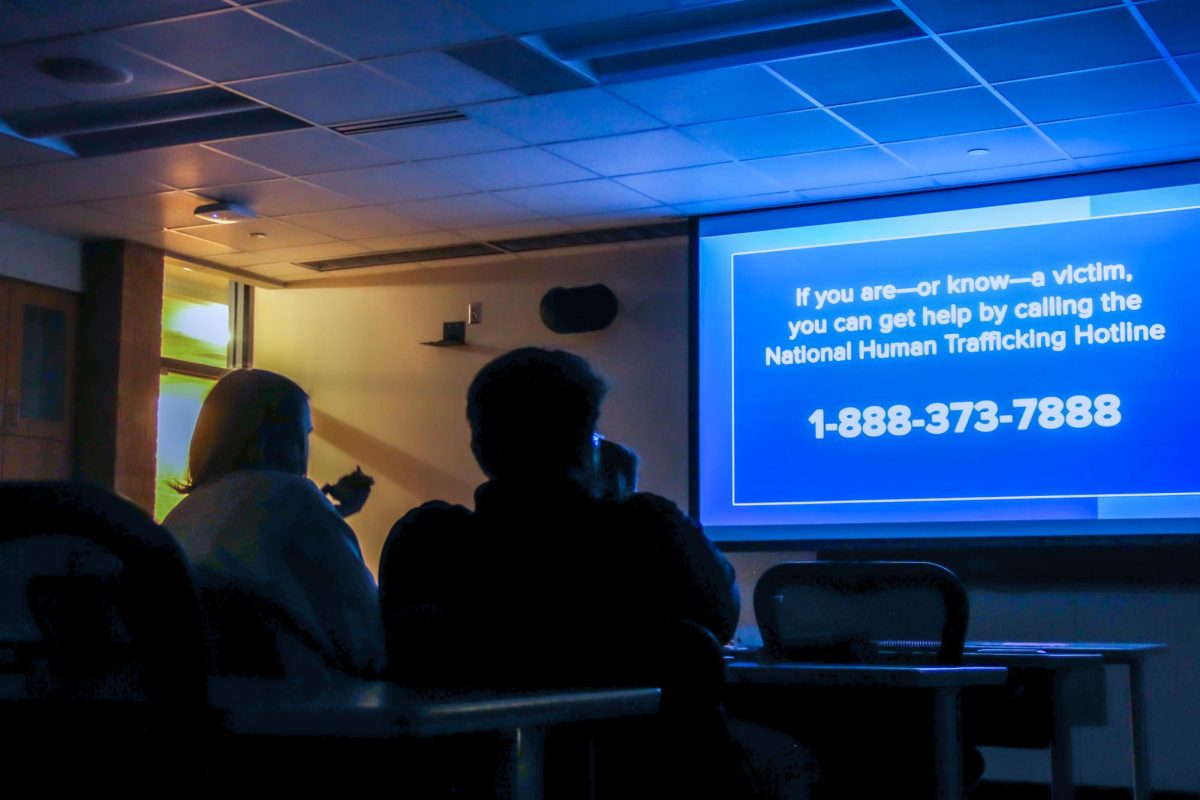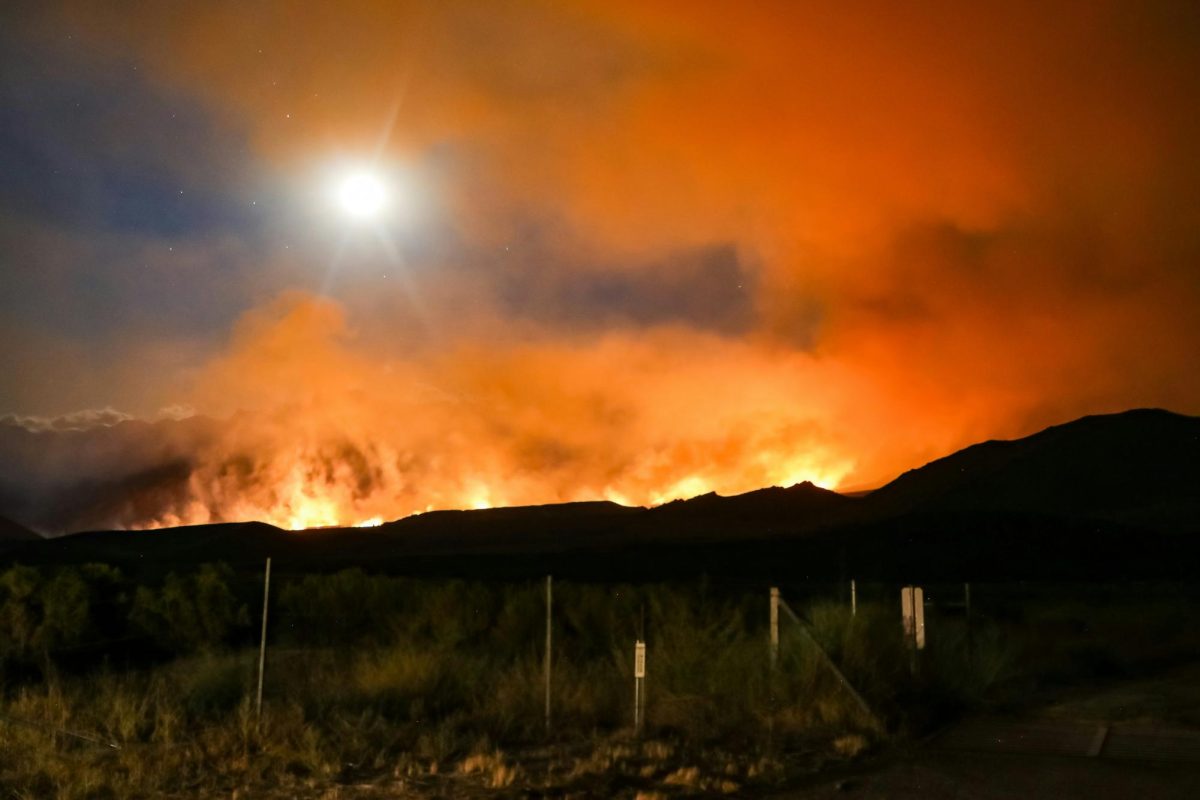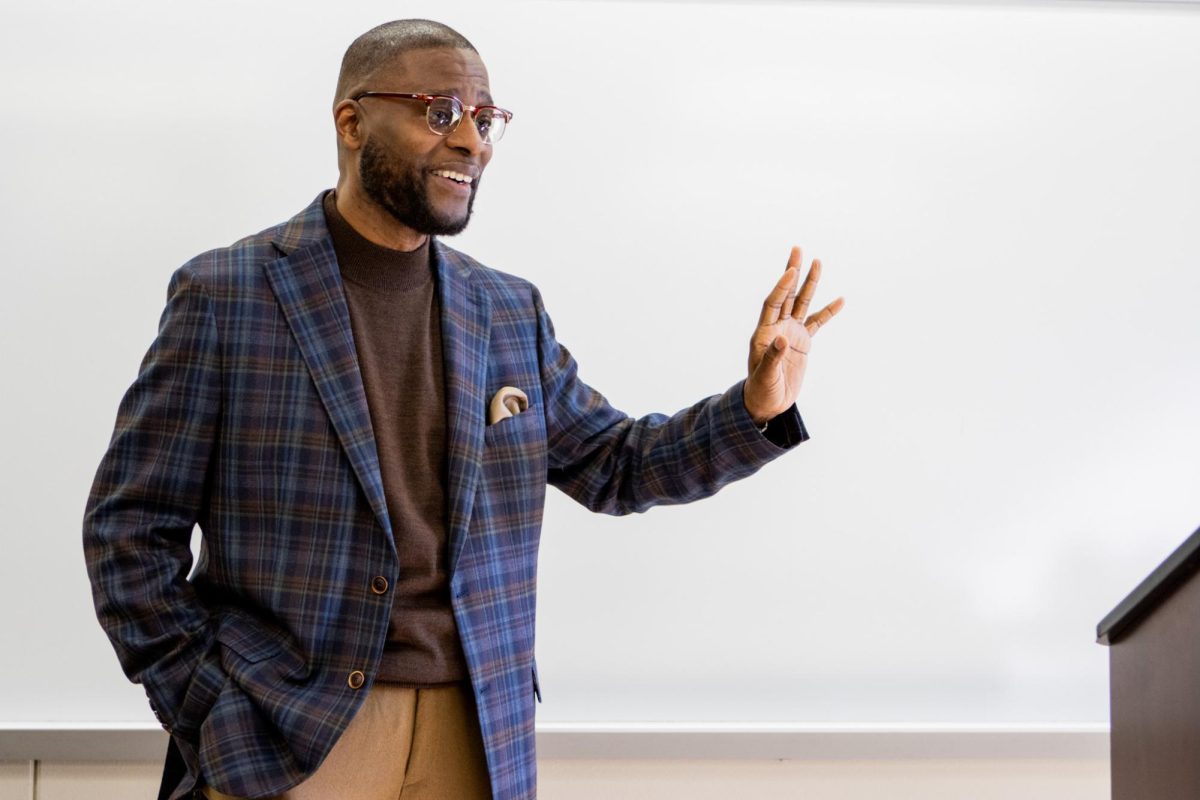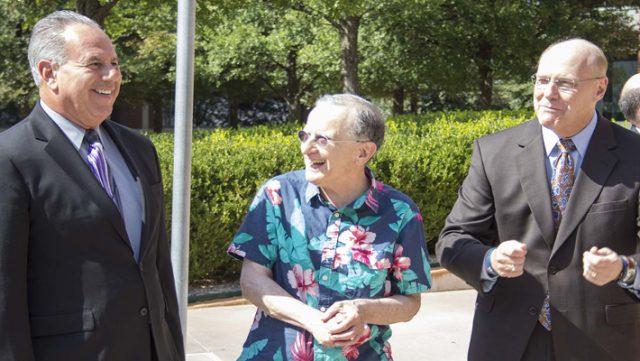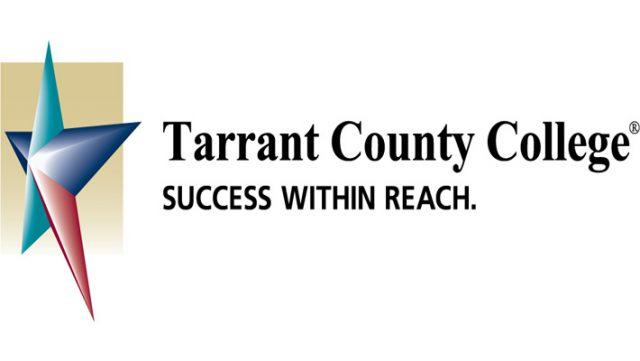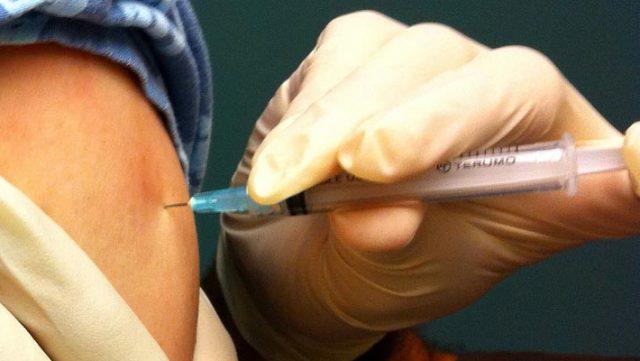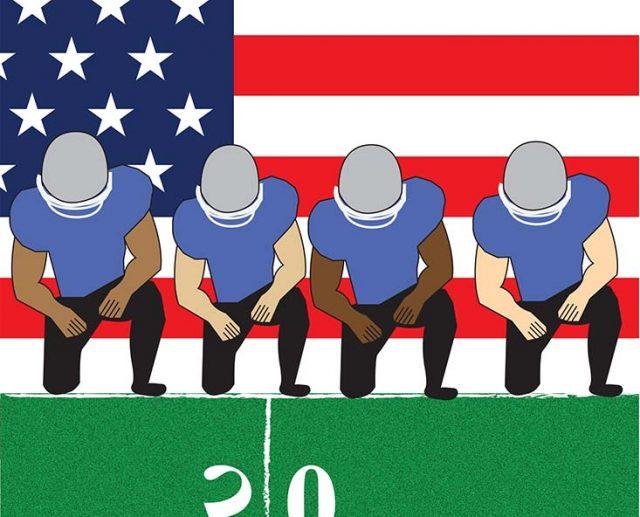By Colt Taylor/ campus editor
Common courtesy needs to visit a doctor because it has become a dying art form.
The digital age has done wonderful things for society, but the erosion of people’s ability to wait and communicate in ways other than selfies and text messages is not one of them.
Everything must happen, now! This Facebook picture needs to load, now! YouTube needs to buffer this video, now! The scale needs to start showing lower numbers when stepped on, now!
Instant gratification is damaging not only our patience but our ability to interact with each other in a tactful and empathetic manner.
For example, I went to Pei Wei for lunch a while ago to pick up takeaway. After about three minutes of watching the only employee at the front desk juggle taking orders and checking bags with barely enough time to breathe, two women entered and waited to be addressed by the lone employee.
Another three minutes go by and a second employee arrives to help the two women, but one of them has the nerve to say they had been standing there a long time without being helped by the employee who still hadn’t stopped moving.
Of course, she hasn’t helped you. She’s busy answering the phone while taking orders and bagging food.
Other humans are not infallible supermachines capable of doing a dozen things at once, regardless of their profession. If an overworked employee is running around the workplace with barely enough time to breathe, like anyone traveling on I-35, expect delays.
Our fellow humans aren’t machines, and imperfections are inevitable not only in the service industry but on the highway as well.
Most humans are not mind readers. Those who are don’t tend to be very good at it while driving 70 mph down the highway, so the more people telegraph what they plan to do on the road, the safer everyone will be.
In the same way that one should be willing to wait at a busy restaurant, the open road needs its share of patience. Missing one’s usual exit is not the end of the world and certainly isn’t worth endangering people’s lives to swerve to the other side of the road.
Even when performing a simple lane change, knowing what other drivers are doing helps people know how to react, be it by speeding up, slowing down or changing lanes themselves. The fewer mishaps on the road, the fewer traffic jams we all get stuck in on our way to class.
These small things like patience and communication help make life easier for everyone and leave the world a better place than it was before.


